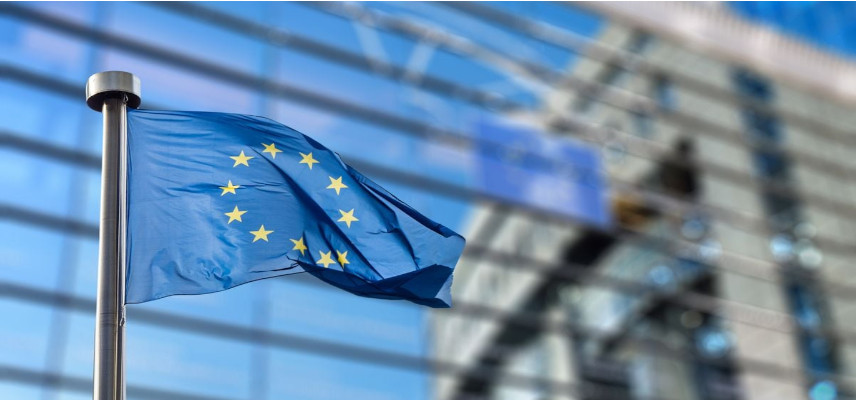Novartis sickle cell drugs approval formally revoked by EU regulators
The decision followed a May recommendation by the European Medicines Agency to withdraw marketing authorization of the drug, called Adakveo.
Novartis will withdraw its sickle cell disease drug Adakveo from the European market after authorities there formally revoked the treatment’s authorization.
The decision from the European Commission on Thursday followed a May recommendation by a committee advising the European Medicines Agency to pull Adakveo’s conditional clearance. The regulatory reversal was due to results from a late-stage clinical trial that compared the treatment to placebo, and found no significant difference between the two in lowering rates of the pain crises that many with sickle cell experience.
In an emailed statement, Novartis said that patients currently on Adakveo should discuss alternative treatment options with their physician. The company did not answer a question from BioPharma Dive on how long the withdrawal process will take.
No new safety concerns were identified with the medicine, Novartis noted.
The European Commission’s decision is legally binding and covers all 27 EU countries, along with Iceland, Norway, Liechtenstein and Northern Ireland. (Northern Ireland is following EU centralized procedures until January 2025.)
An antibody drug, Adakveo was approved in Europe in late 2020 to prevent vaso-occlusive crises, which are a typical symptom of severe sickle cell. The drug binds to a substance called P-selectin that’s found on the surface of blood vessel cells. Blocking P-selectin is thought to prevent the clogging up of blood vessels during pain crises.
The drug is also approved in the U.S., and Novartis said it is discussing the recent negative study findings with the Food and Drug Administration.
Globally, some 11,800 people with sickle cell have received Adakveo, according to the company. Over the first six months of the year, Novartis reported just over $100 million in sales.
In the U.S., it arrived on market alongside a drug from Global Blood Therapeutics that’s now owned by Pfizer. While the treatments were welcomed as important new options, they’ve gone relatively little used, according to reporting by Stat. Both are expensive, and neither are considered cures for sickle cell, which is caused by red blood cells deforming into crescents that stick and snag in blood vessels.
They’ve also arrived as potent genetic medicines for the disease near market. Later this year, two gene-corrective treatments that are seen as potentially curative could win FDA approval.

Optimize Your trial insights with Clival Database.
Are you exhausted from the uncertainty of trial insights pricing? Clival Database ensures the clarity in the midst of the global scenario for clinical trials to you.Clival Database is one of the best databases that offers an outstanding number of clinical trial data in terms of 50,000+ molecules and from primary regulatory markets as well as new entrants like Indian and Chinese markets.
With Clival, you get accurate positioning of historical sales data, patent database, company profiling, safety & efficacy, and prediction of launch of new innovative molecules helping you to align your research and driving down the cost.
To add value, we further break down our analytics for you so that improving your operational effectiveness; optimizing your clinical trials; and offering you accurate and high-quality data at lowest possible prices becomes possible.
Elevate your trial success rate with the cutting-edge insights from Clival database.
Check it out today and make more informed sourcing decisions! Learn More!







